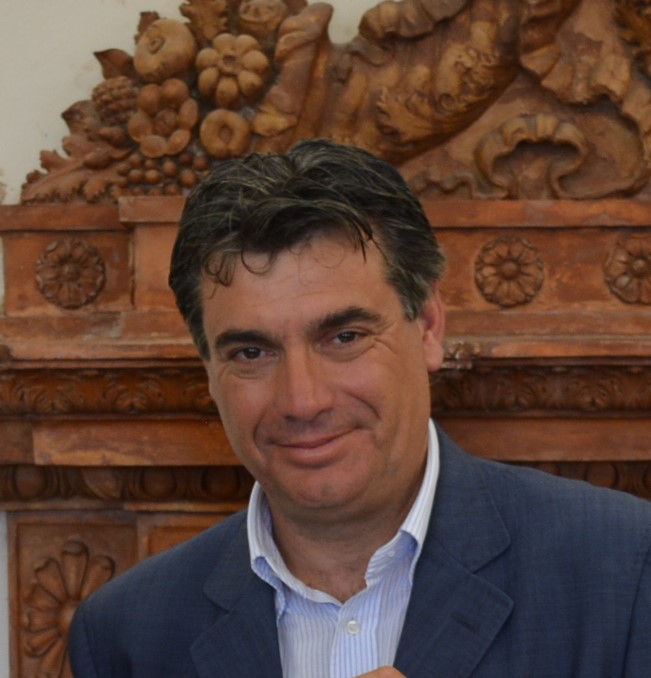 Massimo Seri nasce a Schwyz (Svizzera) il 15 novembre 1964. Laureato in Scienze Politiche all'Università di Urbino, è Sindaco del Comune di Fano dove tra le altre mantiene la delega alla “Città dei Bambini”. Precedentemente è stato Assessore della Provincia di Pesaro e Urbino con delega alle Politiche attive per il lavoro e la Formazione professionale, Ha ricoperto dal 1996 al 2008 il ruolo di consigliere d'amministrazione in un'azienda leader della grande distribuzione.
Massimo Seri nasce a Schwyz (Svizzera) il 15 novembre 1964. Laureato in Scienze Politiche all'Università di Urbino, è Sindaco del Comune di Fano dove tra le altre mantiene la delega alla “Città dei Bambini”. Precedentemente è stato Assessore della Provincia di Pesaro e Urbino con delega alle Politiche attive per il lavoro e la Formazione professionale, Ha ricoperto dal 1996 al 2008 il ruolo di consigliere d'amministrazione in un'azienda leader della grande distribuzione.
Lo scorso aprile 2016 è stato eletto vice Presidente AICCRE MARCHE (Associazione Italiana per il Consiglio dei Comuni e delle Regioni d’Europa – sezione italiana della più grande associazione di Enti locali e regionali d’Europa, il CCRE) ed è componente della delegazione italiana che farà parte del Comitato Politico del CCRE, l’organismo dirigente che raggruppa 150.000 enti locali e regionali d’Europa. Da sempre attivo nel sociale e nel mondo dello sport, Massimo Seri è stato Presidente di Avis Fano dal 2005 al 2013 e Presidente del Panathlon Club di Fano per il biennio 2012-2013.
Presentation abstract:
Title: Smart City and the city of children
The newer and more complex interpretations of Smart City combine technological innovation with sustainability, declining the concept of smart and sustainable cities. The political fact for a smart city must include targeted social equality, transparency and reduction of environmental impact. A holistic approach involving all areas of life of the citizen and his way to experience the city.
If the new concept of Smart City was founded by the programs of the European Community, it is easy to prove how often their towns, even the smallest, are the ideal laboratory to develop and anticipate some of intelligent cities practices. In particular this contribution to be provided in the discussion, part of the project ''City of Children'' that the City of Fano for 25 years has taken as the matrix of the city government.
The project, based on the principle that the child is the parameter to create a town made for all citizens, aims a welcoming and safe city, inclusive and accessible, for sustainability, well-being and quality of life.
Philosophy and governance approach required for the development of a ''City of Children'', to reconcile with the desire to give answers to the new needs of citizens, claiming ''innovation'' and ''inclusion'' as key elements for the future and for the development of the city.
The strategy adopted is that of a renewed approach to the transformation of the city characterized by transversal and policy integration, based on the processes of participation and active citizenship. It is still today a major challenge, which requires, in addition to a solid governance but also a cultural growth and empowerment of all the townspeople, in this case starting right from the smallest (is not possible to realize a Smart City without smart people).
In this context, it is interesting to analyze the mutual "contaminations"; as methods, strategies and tools for the construction of a Smart City will contribute to building a ''City of Children''.